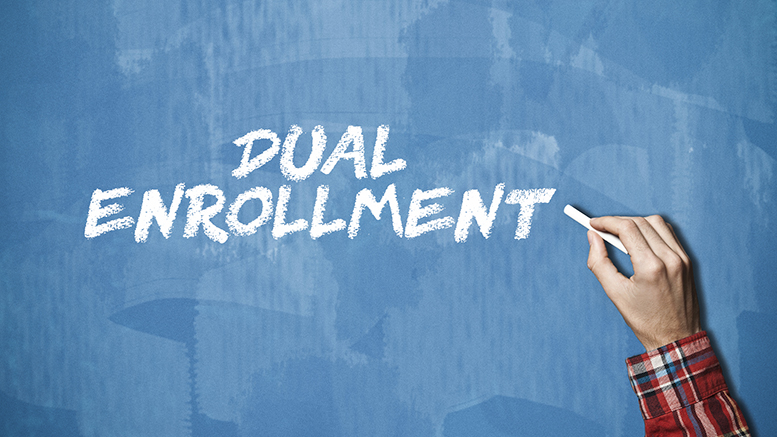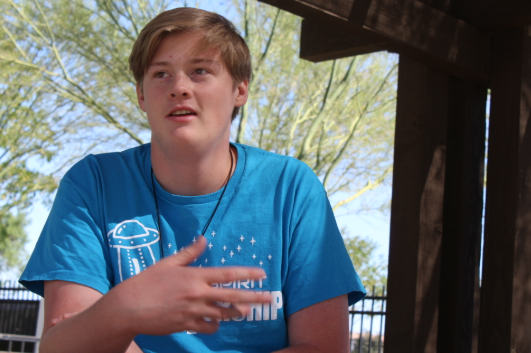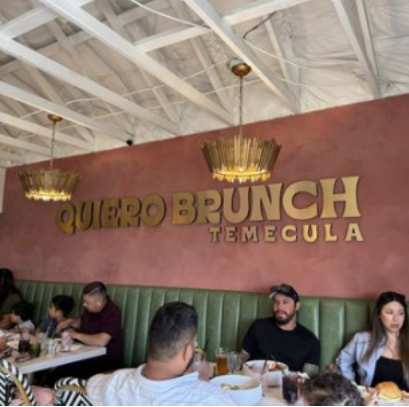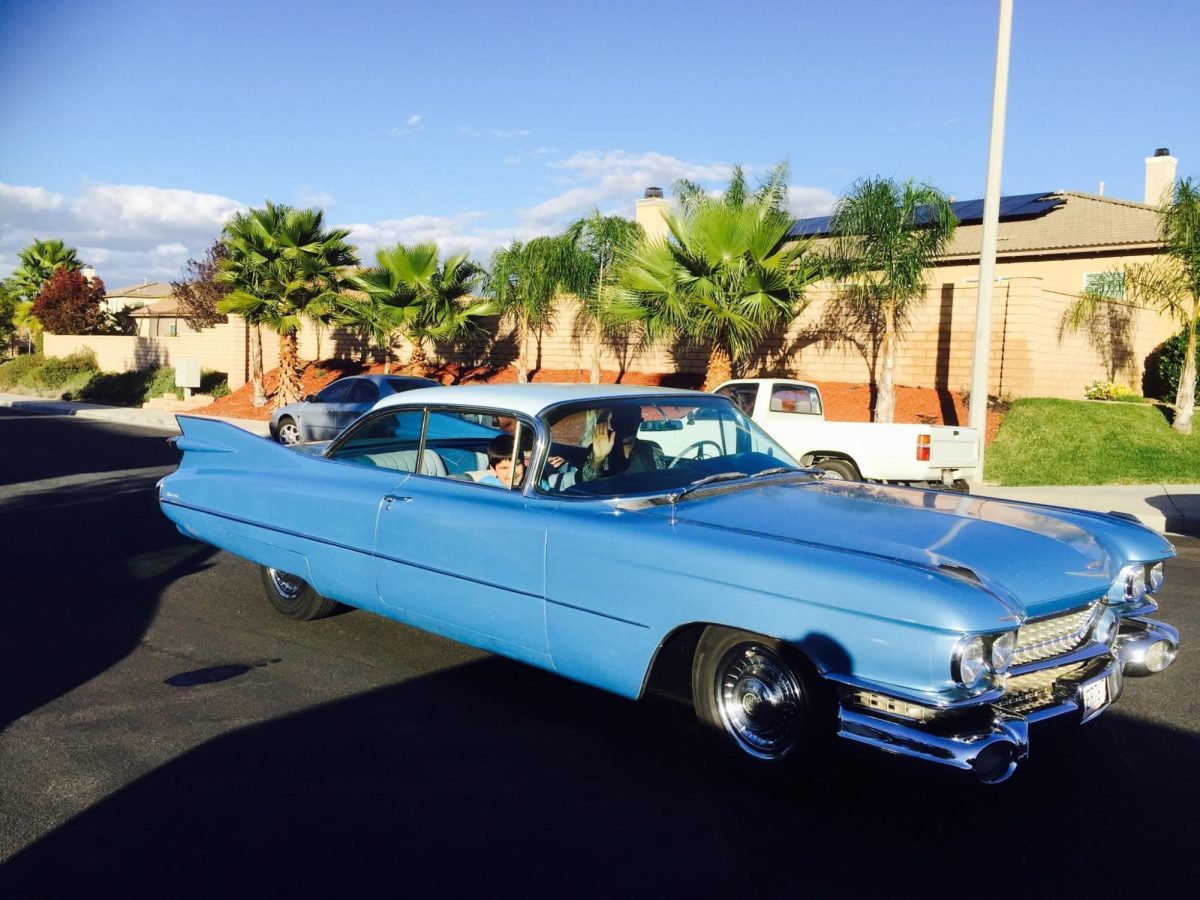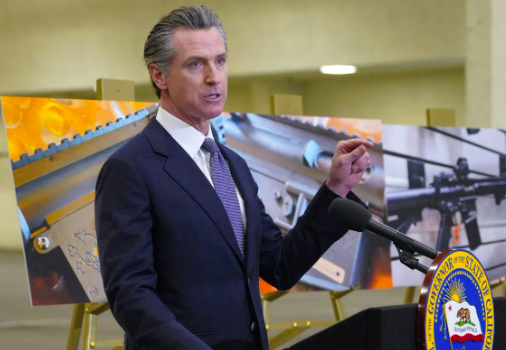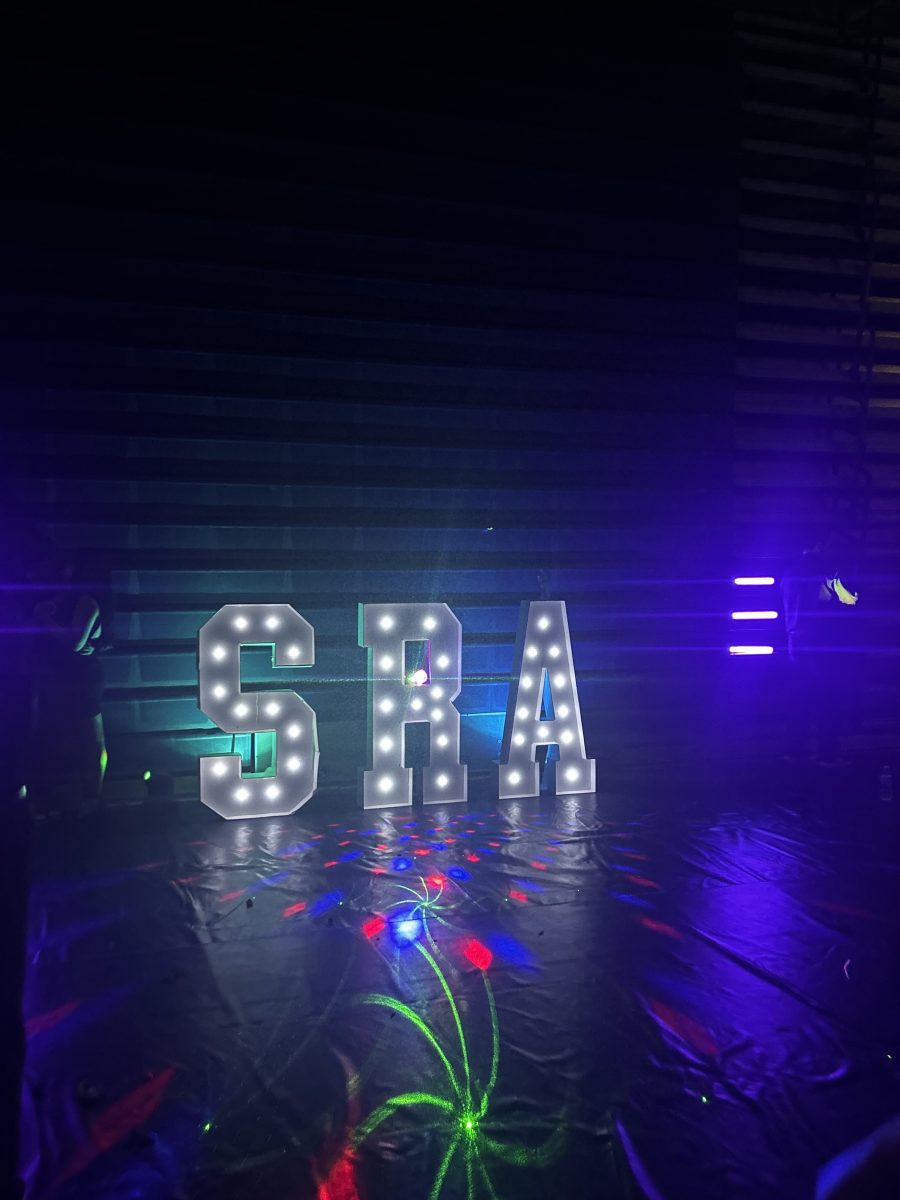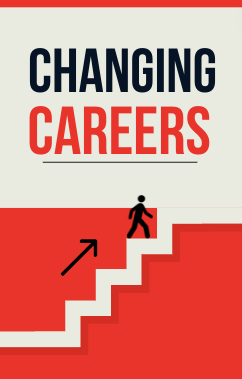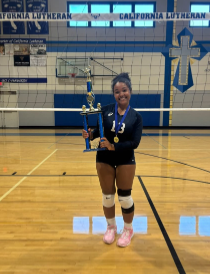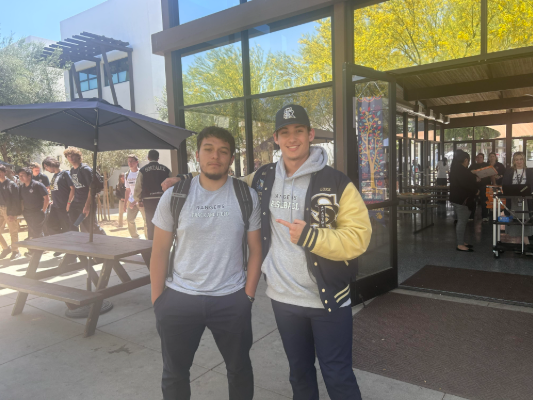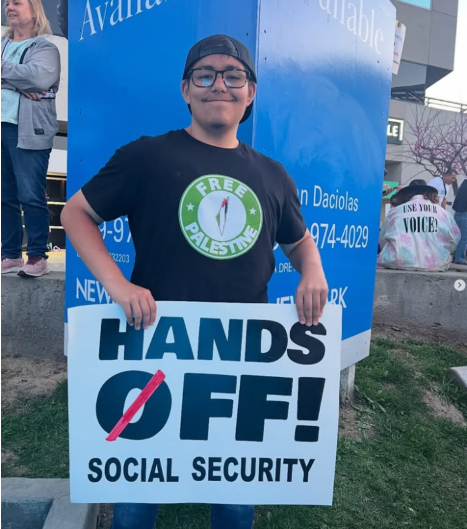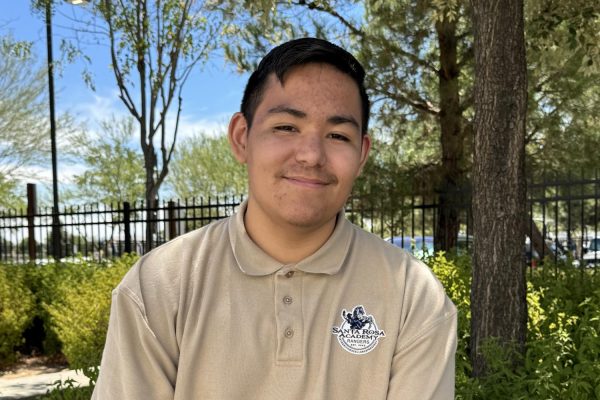In my opinion, the current school board system is broken in certain aspects that some, myself included, would consider more than paramount when it comes to the school board system moreover the education system as a whole. I would like to discuss these topics objectively.
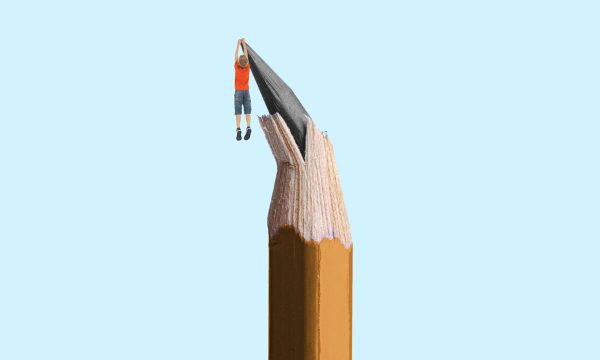
First and foremost, I would like to clarify what I feel is the most important aspect of why I feel the school board system is broken. My reasoning for having this opinion is that over the past five years, seemingly innocuous school boards that no one cared about are now becoming ground zero in our nation for fights over race gender, COVID policies, civil rights, and social-emotional learning. The main problem with these school boards often have abysmal turnout for voting and candidacy. This leads to elections with low turnout and care for decisions that impact many students on certain topics that shouldn’t even be discussed in school.
A great example of this is the plethora of videos in which people who often don’t have children or kids that are currently in the education system run up to the podium and start babbling about complete and utter nonsense concerning critical race theory and yelling about other nonsensical conspiratorial things that don’t have anything to do with a school board meeting. These videos in a nutshell sum up the point that a decent portion of the topics discussed in school board meetings have nothing to do with the actual betterment of schools and simply turns into culture war nonsense which can all be factually proven.
I am not alone in my assessment of these critical errors throughout the school board system. Political scientist Vladimir Kogan believes locally elected school boards are failing. Kogan accesses that there are currently several critical problems with school boards. These problems include but are not limited to school governance, including insufficient responses from many school boards to persistent academic achievement gaps. His main priority is that school boards are currently failing to reflect the current demographics of the communities in which they are chosen to serve in particular communities of color.
Another factor in why school boards are currently falling is that many who are on school boards are not fit to be on school boards in the first place. A prime example of this unfitness and ineffectiveness can be seen in what happened in Rancho Santa Fe. The Vice President of the Rancho Santa Fe school board was accused of “abuse of power” in which some of the allegations were grade changing and special tutoring to get a student(s) into the advanced math classes in which the student(s) were currently not qualified, at this time at least one parent asked the Vice President to resign. Later the Vice President issued multiple cease and desist orders from the Vice President which in my mind an admission of guilt. This example furthers my point as to why certain school board members should not be allowed to serve.
Abram Lucabaugh was forced to resign because it was found out Lucabaugh supported controversial policies from a right-wing group called Moms for Liberty, which opposed LGBTQ+ education. The community was understandably outraged at this fact In response when resigning, Lucabaugh decided to write himself a 700,000 dollar severance package, which is perfectly legal under the current law. In response, many members of the community, around 700 members or so, decided to protest this. All 700 attended a nearly three hour meeting, and many spoke out against this severance package some unknown protesters called the deal “an embarrassment” even some calling it a “shady deal” while others communicated that the superintendent could choose to resign but shouldn’t be paid for leaving.
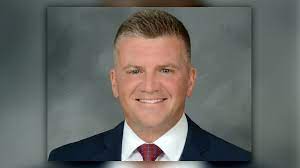
But alas, with all of these previously discussed problems with our current school board system a Brown study finds that with more two-way communication between school boards and the communities they serve crowds can become larger more, diverse, attentive and involved. The study ultimately shows giving the public more opportunities to converse with school board leaders could “increase engagement” and lead to “more public trust in public officials” The study concludes not only in school boards but overall especially among low-income groups and people of color.
With all of this information in mind, I do believe that there is fundamental hope for current school boards. I believe that, overall, there are good people on school boards. I think a decent chunk of those on boards want to do good for our schools and students. Hopefully, one day all of these errors will one day we can all have a better brighter future with everyone involved.


